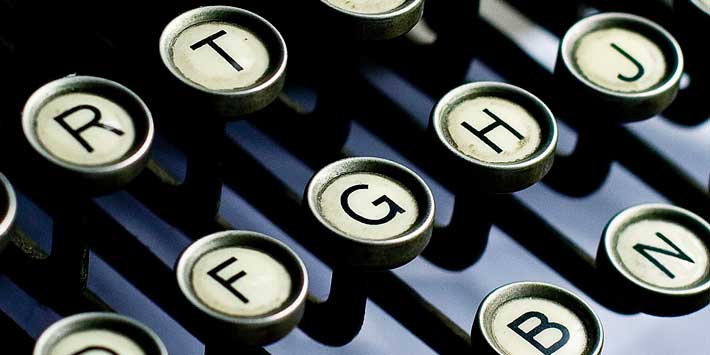SHORT TAKES
Contact Martha for ideas about writing and funding strategy.P: 617.803.8285
E: mk@marthakurz.dev.cc
Lyrical writing
From a young age, I studied piano and sang in various groups. Now, as a writer, I realize that when a proposal, report, or other document – or even just a sentence – has a lyrical quality, it’s enjoyable to read and gets attention. It can simplify and strengthen your case for support.
However, I couldn’t figure out how to talk about lyricism in writing.
Then I heard Scott Simon interview the poet Yusef Komunyakaa. Simon asked him, “What makes two words go together?” Komunyakaa responded, “Well, an idea about musicology – how those two words fit into the mouth with a natural tonality that goes for the heart and the mind.”
I thought, now I get it. Then I re-read the interview and realized I still didn’t understand how listening to music translates into words that fit together.
More help from the experts
I started searching for answers.
Consider this from Barak Obama: “We come from everywhere and contain multitudes.”1
Or this from Isabelle Allende: “Write what should not be forgotten.”
These two lines are powerful and lyrical. They linger.
I read Verlyn Klinkenborg. He writes succinctly and persuasively about writing. Here’s what he says about rhythm and writing:
“If you don’t know what I mean by rhythm, imagine a singer’s phrasing of the lyric in a song. In prose it’s subtler, the beat and the music quieter.”2
Serendipity took me to Quntos KunQuest, author of the recently released book This Life, about his 25 years, so far, in Angola for a carjacking he committed when he was 19. In a recent New Yorker article, he discussed the influence of hip-hop on his writing.
“I began to see how writing prose was different from rhyme, in the sense that you got away from the metronome. But there’s still a metronome in writing. There’s still a beat to it.”
From hip-hop to grant writing
You might say this is all very good, but how does one achieve lyricism when, for example, writing grants? Here are a few ideas.
- Try deleting words you don’t need that may get in the way of lyricism in your writing.
- Rearrange what’s there. What’s first might sound better last, or vice versa.
- Learn from Isabelle Allende. What do you want the reader to remember? Then say it in as few words as possible.
- Klinkenborg suggests reading your writing aloud. “This is how you’ll begin to understand rhythm and its absence.”1
I don’t know if playing music while writing helps. I don’t usually, but I’m going to try it. So, crank up some summer music and see what happens!
1 https://www.nytimes.com/2020/12/08/books/barack-obama-promised-land-reading-writing.html
2 Verlyn Klinkenborg. Several short sentences about writing. New York: Vintage Books. 2012.
3 Ibid

